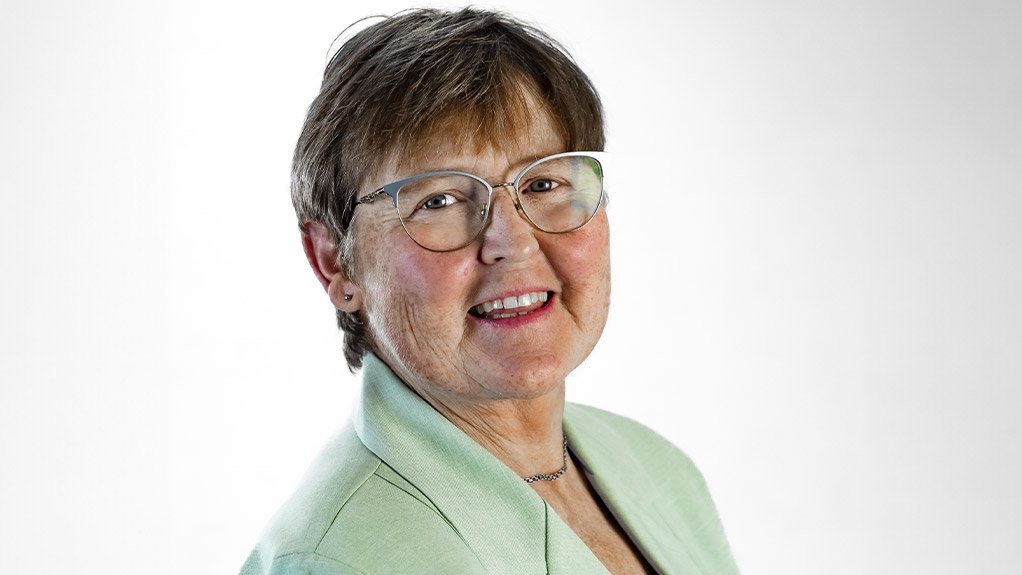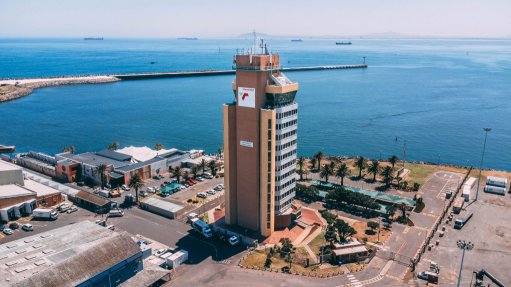Plastics industry urges reevalution of South Africa's On-Pack Recycling Labels (OPRLs)
This article has been supplied.
The implementation of On-Pack Recycling Labels (OPRLs) in South Africa was envisioned as a pivotal move to enhance consumer comprehension of packaging recyclability. Introduced in 2019 with support from the World Wildlife Fund (WWF), these guidelines aimed to deliver uniform, clear instructions on managing packaging waste.
Clear Guidance for Consumers
Annabe Pretorius, Executive: Technical Operations at Plastics SA explains that OPRLs are visual cues directly printed on packaging, designed to inform consumers about the recyclability of a product.
“This streamlined communication was intended to facilitate proper disposal of packaging and boost recycling rates nationwide. Each component of the packaging is covered by the labels, aiming to eliminate confusion and simplify recycling decisions,” she states.
Collaboration and Implementation
The guidelines, developed in collaboration with the SA Plastics Pact and partners, encouraged brand owners and retailers to adopt them uniformly. The goal was that consistent application across various brands would clarify how consumers should manage packaging, thereby enhancing recycling rates.
Concerns About Current Guidelines
Despite initial expectations, Pretorius raises concerns over certain aspects of the guidelines, especially the 30% threshold set to classify recyclability. She highlights that many recyclable products in South Africa fall below this cut-off, cautioning that advising consumers against recycling these items undermines the recycling industry, leads to consumer confusion, and prevents valuable materials from reaching recyclers.
“Plastics SA tracks recycling rates by packaging material, while the OPRL links products to these rates. However, using the 30% threshold as a strict go/no-go criterion seems impractical given the lack of data for every individual product,” she says.
Emphasising the crucial role collectors play in the recycling value chain, Pretorius also highlights their responsibility to sort and send materials that recyclers require. “If a sufficient quantity of a specific material is collected, it will generate market demand. This is why we oppose the 30% limit. Our message to consumers should be straightforward: if it’s a clean, mono-layer, mono-material plastic product, recycle it.”
Need for Ongoing Education
Plastics SA underscores the necessity of continuous education for collectors, recyclers, and consumers. “Newly designed recyclable products, like mono-layer pouches, might not be collected due to lack of awareness. Perfectly recyclable products won’t be recycled if not collected. If waste pickers and collectors assume certain materials are non-recyclable, they risk losing valuable resources, even when these have been redesigned for recyclability,” Pretorius notes.
A Call for Clarity
While the original intention of OPRLs was to simplify recycling for consumers and increase recycling rates, this has not always been the outcome. Pretorius questions the effectiveness of the labels in engaging consumers. “Our message needs to be clear: if it’s plastic, rinse it and recycle it,” she concludes.
Article Enquiry
Email Article
Save Article
Feedback
To advertise email advertising@creamermedia.co.za or click here
Press Office
Announcements
What's On
Subscribe to improve your user experience...
Option 1 (equivalent of R125 a month):
Receive a weekly copy of Creamer Media's Engineering News & Mining Weekly magazine
(print copy for those in South Africa and e-magazine for those outside of South Africa)
Receive daily email newsletters
Access to full search results
Access archive of magazine back copies
Access to Projects in Progress
Access to ONE Research Report of your choice in PDF format
Option 2 (equivalent of R375 a month):
All benefits from Option 1
PLUS
Access to Creamer Media's Research Channel Africa for ALL Research Reports, in PDF format, on various industrial and mining sectors
including Electricity; Water; Energy Transition; Hydrogen; Roads, Rail and Ports; Coal; Gold; Platinum; Battery Metals; etc.
Already a subscriber?
Forgotten your password?
Receive weekly copy of Creamer Media's Engineering News & Mining Weekly magazine (print copy for those in South Africa and e-magazine for those outside of South Africa)
➕
Recieve daily email newsletters
➕
Access to full search results
➕
Access archive of magazine back copies
➕
Access to Projects in Progress
➕
Access to ONE Research Report of your choice in PDF format
RESEARCH CHANNEL AFRICA
R4500 (equivalent of R375 a month)
SUBSCRIBEAll benefits from Option 1
➕
Access to Creamer Media's Research Channel Africa for ALL Research Reports on various industrial and mining sectors, in PDF format, including on:
Electricity
➕
Water
➕
Energy Transition
➕
Hydrogen
➕
Roads, Rail and Ports
➕
Coal
➕
Gold
➕
Platinum
➕
Battery Metals
➕
etc.
Receive all benefits from Option 1 or Option 2 delivered to numerous people at your company
➕
Multiple User names and Passwords for simultaneous log-ins
➕
Intranet integration access to all in your organisation




















